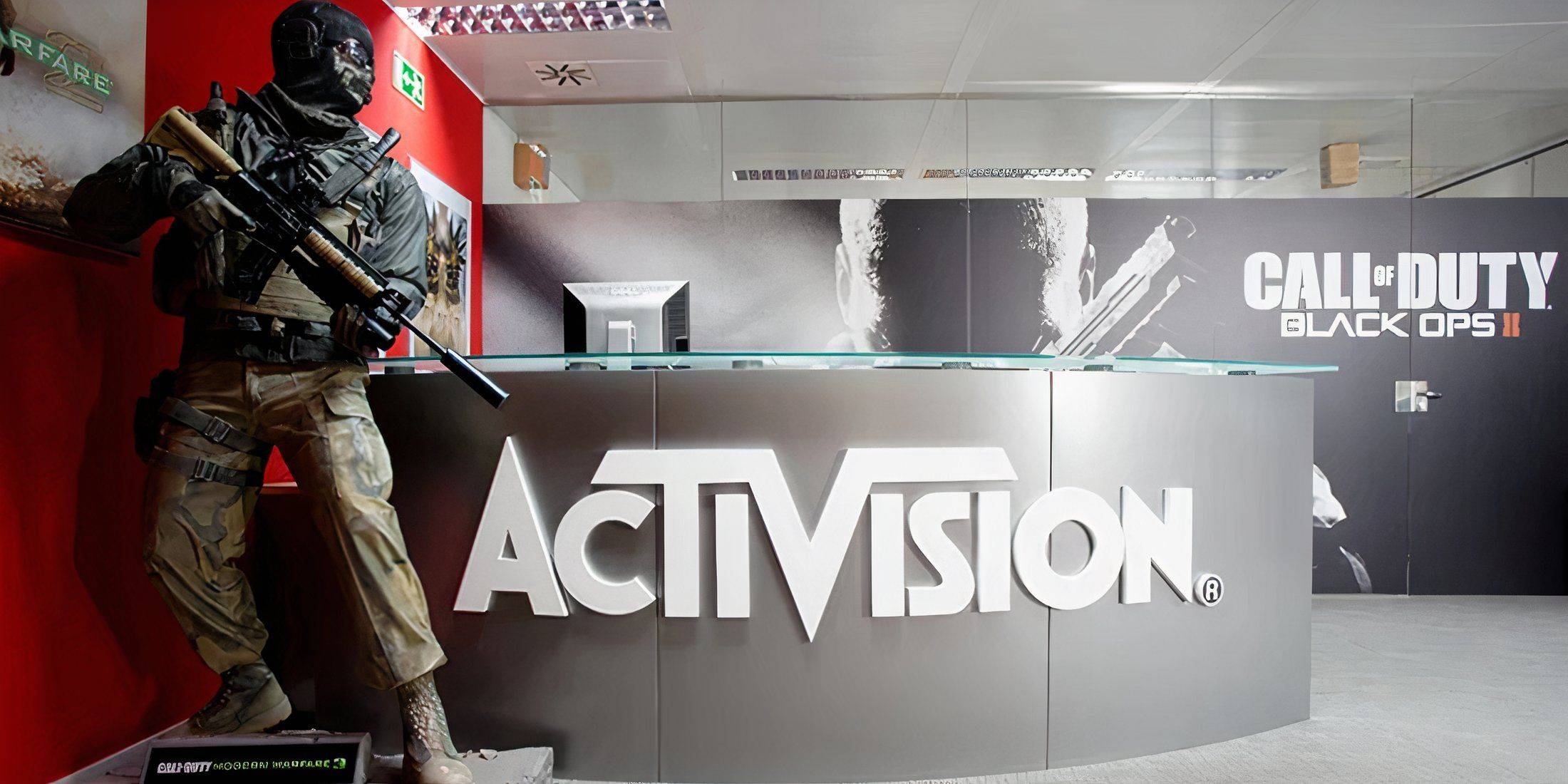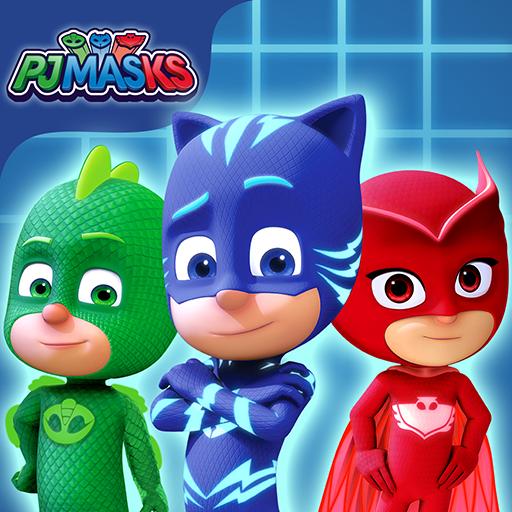
Activision Rebuts Uvalde Lawsuit Claims, Citing First Amendment Protections
Activision Blizzard has filed a robust defense against lawsuits filed by Uvalde school shooting victims' families, vehemently denying any link between its Call of Duty franchise and the tragedy. The May 2024 lawsuits allege the shooter's exposure to Call of Duty's violent content influenced his actions.
The devastating Robb Elementary School shooting on May 24, 2022, claimed the lives of 19 children and two teachers, leaving 17 others injured. The 18-year-old shooter, a former Robb Elementary student, was a known Call of Duty player, having downloaded Modern Warfare in November 2021 and using an AR-15 rifle—similar to one depicted in the game. The lawsuits also implicated Meta, alleging its Instagram platform facilitated connections between the shooter and firearm manufacturers.
Activision's December filing, a comprehensive 150-page response, refutes all claims of causality. The company contends that no direct connection exists between Call of Duty and the Robb Elementary tragedy. Furthermore, Activision invokes California's anti-SLAPP laws, designed to protect free speech from frivolous lawsuits, seeking dismissal of the case. The publisher stresses Call of Duty's status as an expressive work protected by the First Amendment, arguing that the lawsuit's assertions regarding "hyper-realistic content" violate this fundamental right.
Expert Testimony Bolsters Activision's Defense
To support its position, Activision submitted expert declarations. A 35-page declaration from Notre Dame professor Matthew Thomas Payne counters the lawsuit's "training camp" assertion, arguing that Call of Duty's military realism aligns with established conventions in war films and television. A separate 38-page submission from Patrick Kelly, Call of Duty's head of creative, details the game's design process, including the substantial $700 million budget allocated to Call of Duty: Black Ops Cold War.
The Uvalde families have until late February to respond to Activision's detailed defense. The outcome remains uncertain, but the case underscores the ongoing debate surrounding the connection between violent video games and mass shootings, a recurring theme in similar legal battles.















